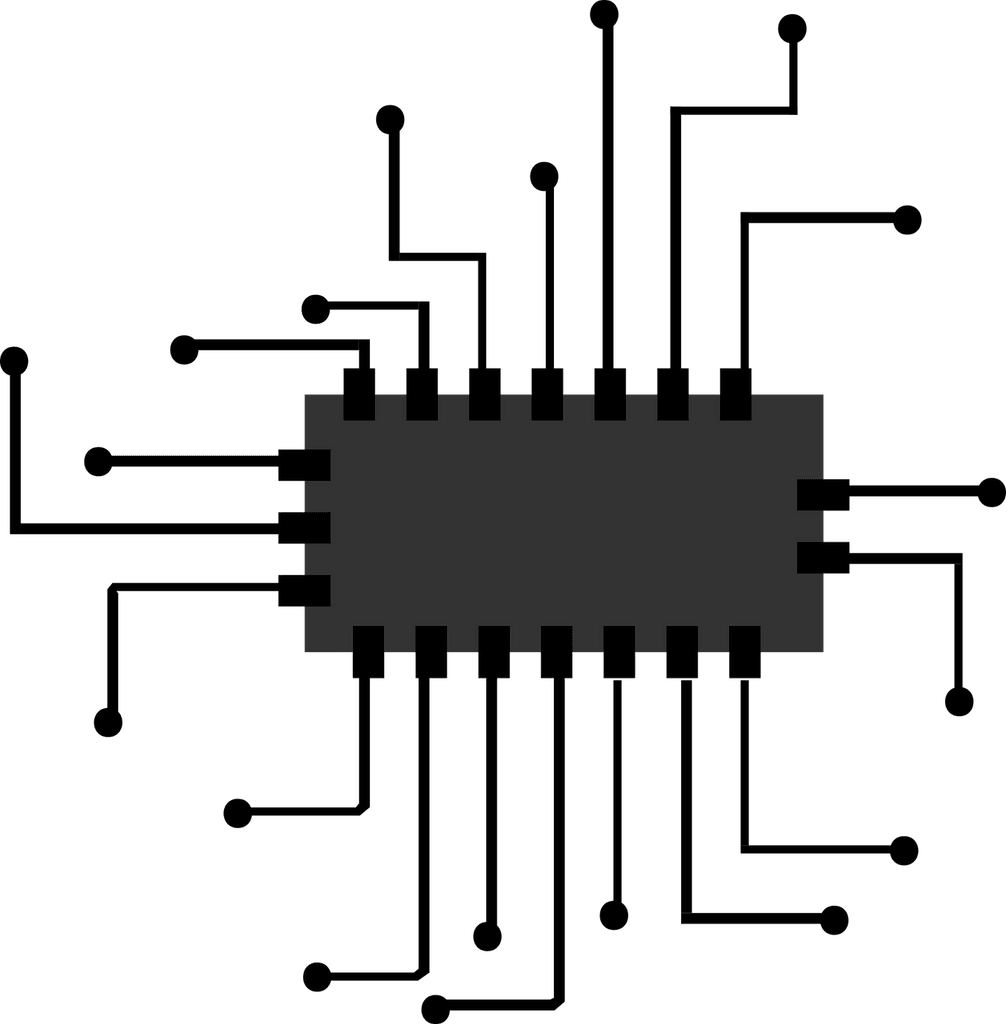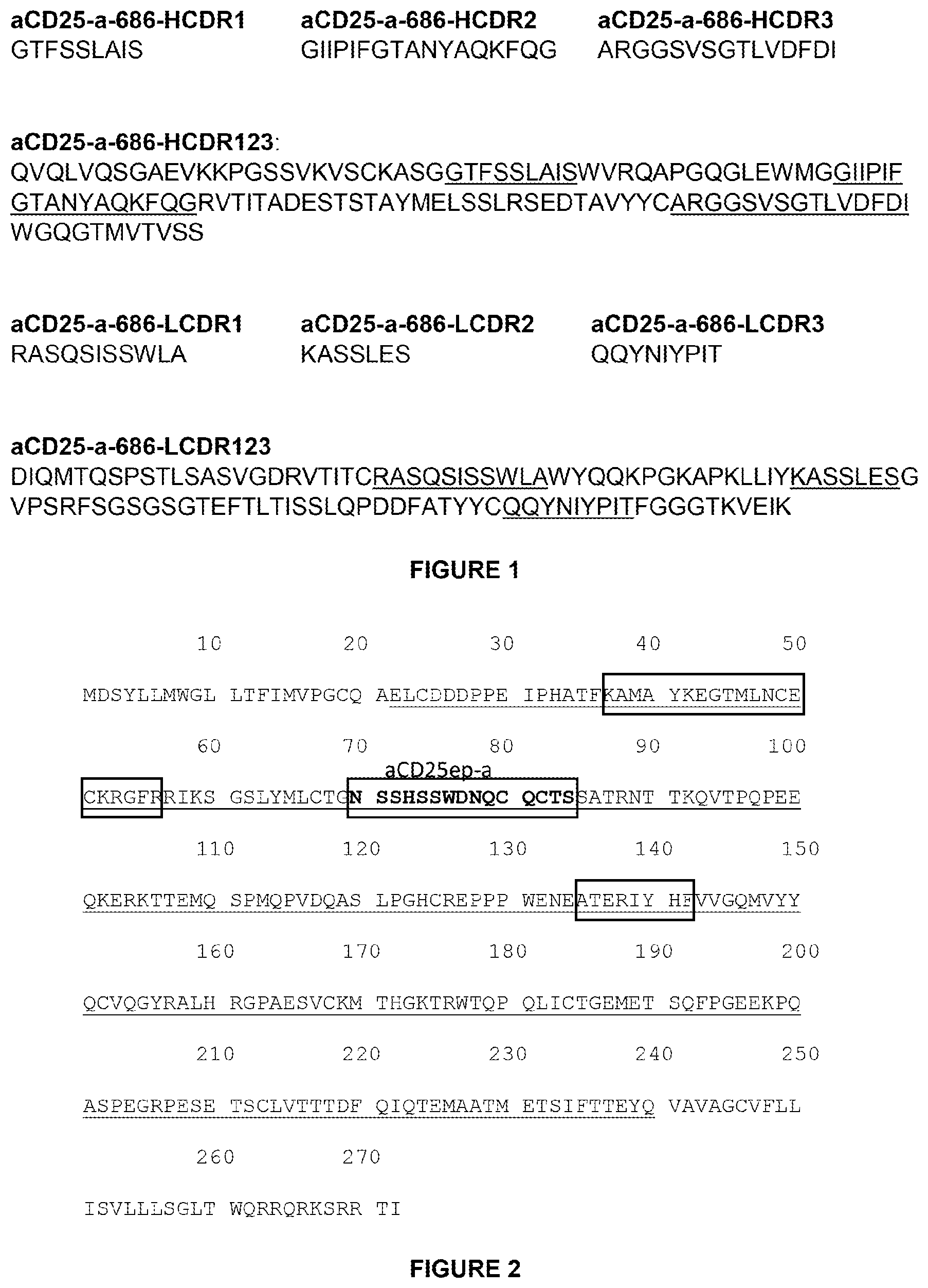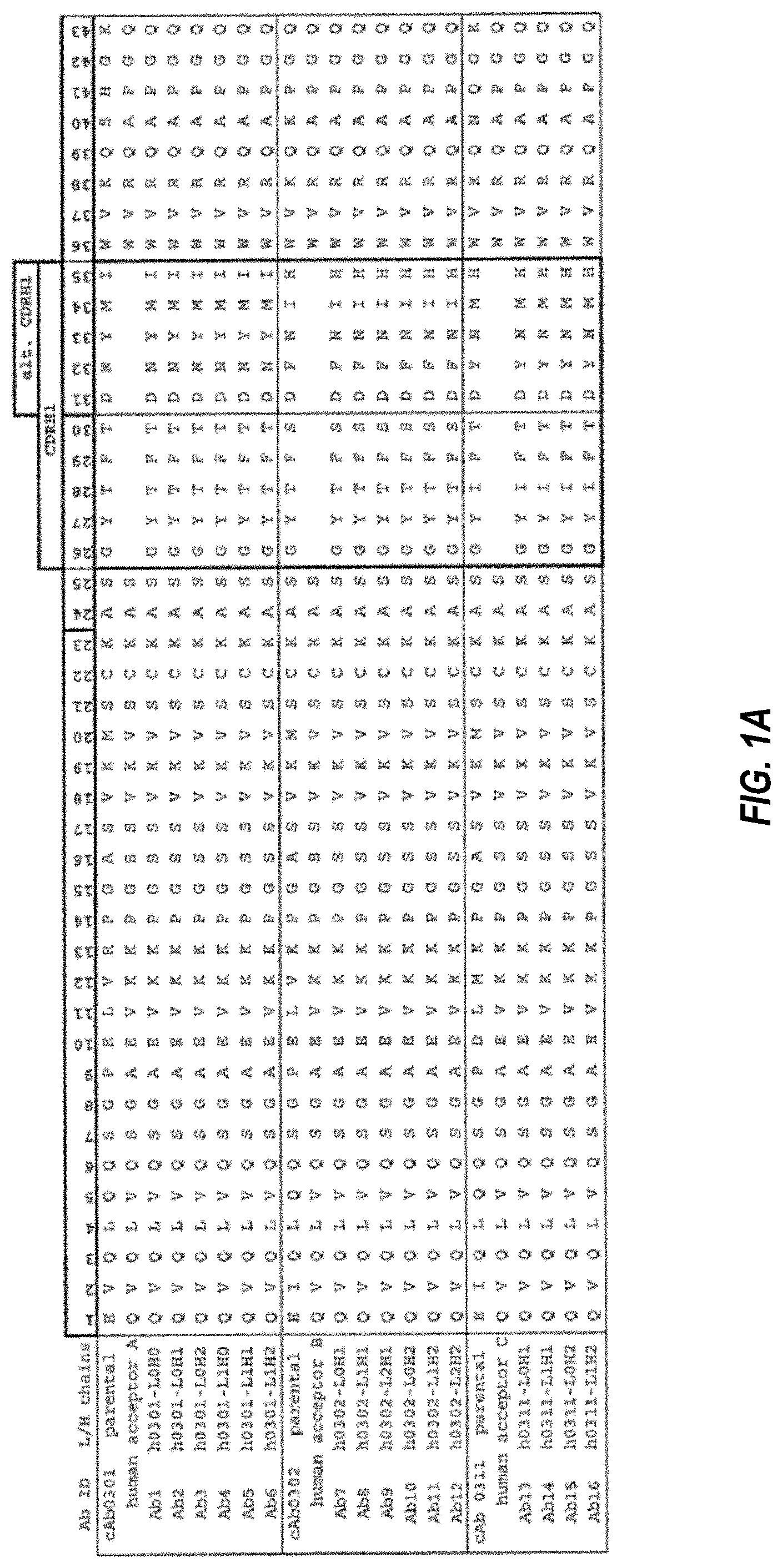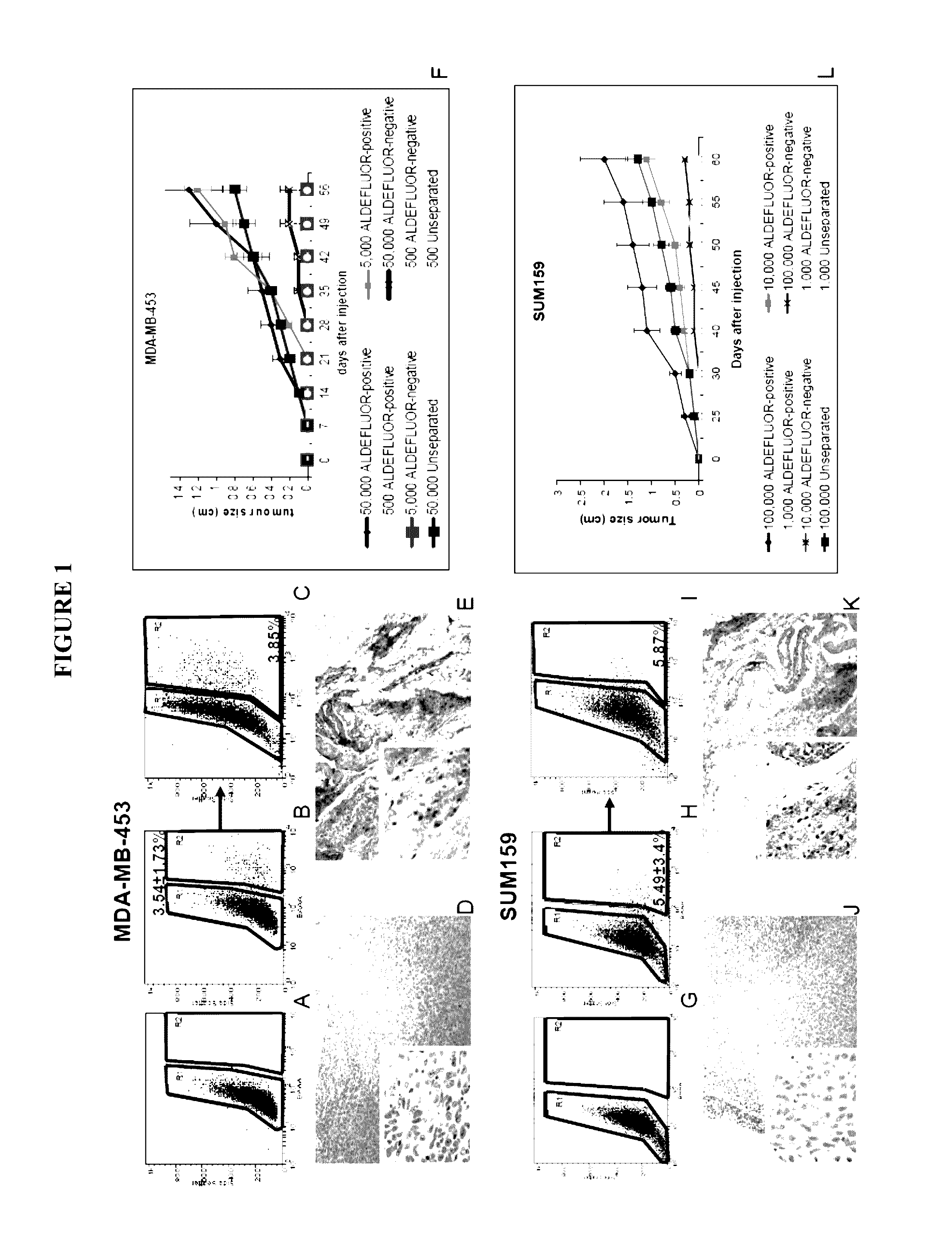San Francisco As Innovation Hub
From the birthplace of the internet to the incubator for social media, California has always been a hub for innovation. Today, San Francisco remains one of the most influential cities in the world when it comes to tech.
With the right resources, San Francisco can be an even greater player in the tech industry. Here are some ways to get started:
Top Industry
The tech industry is one of the most dynamic and growing industries in San Francisco, which is a great reason why the city has become an innovation hub. The city is home to major tech companies like Twitter, Google, Facebook, and Apple that are constantly creating new and innovative technologies.
There are also plenty of small and mid-sized companies that call San Francisco home, including a few startups that are expected to grow rapidly in the next few years. Some examples of these include analytics platform Sensor Tower, email management program Front, and healthcare data system Nuna.
In terms of technology, San Francisco is home to some of the top machine learning companies in the world. These are companies that use machine learning to help computers understand and interact with people. These machine learning programs are able to make sense of large amounts of information and can learn from mistakes and errors.
Silicon Valley is the birthplace of many of the technological advancements that we know and love today, from chips to computers. This region’s success has been fueled by the area’s rich history of entrepreneurship and entrepreneurial thinking.
A thriving ecosystem of universities, high-tech research laboratories, and corporate R&D facilities have helped create the innovation hub that is Silicon Valley. This combination of a high concentration of talented individuals and the largest concentration of venture capital funding in the nation has positioned the city as a global leader in technological innovation.
While Silicon Valley is a globally recognized innovation hub, it is not without its challenges. A booming housing market and lack of affordable homes has made it difficult for many tech workers to live in the area. However, with the right infrastructure and housing incentives, the city can continue to thrive as an innovation hub for years to come.
Top Inventors
Silicon Valley has been the world’s premier innovation hub for decades. Its highly talented individuals, high-tech research universities, corporate R&D labs, and the largest concentration of venture capital funding in the nation make it an incredible place to launch and grow a tech company.
However, in recent years, trends show that Silicon Valley’s status as the premier innovation hub may be waning, especially when it comes to hiring and retention of local talent. Remote work is becoming increasingly common in the US, which can mean that smart locals are opting for larger cities that offer more opportunities to collaborate and innovate.
To illustrate this trend, a study published by Enrico Moretti from the NBER examined data from 1971 to 2007 on patents granted to inventors in three fields: computer science and information technology; semiconductors; and biology, chemistry, and medicine. It found that more than half of inventors in these fields worked in clusters of 10 cities.
For example, in the semiconductor field, San Jose-San Francisco-Oakland leads with 25.5 percent of all semiconductor inventors. New York is second with 14.9 percent. Seattle is third with 8.3 percent.
In the computer science field, 10 tech clusters account for 70 percent of all inventors. This is largely thanks to Douglas Engelbart’s invention of the mouse and hypertext-based collaboration tools at Stanford Research Institute in the 1960s and 1970s. Other key discoveries in this field include object-oriented programming, graphical user interfaces (GUIs), Ethernet, PostScript, and laser printers.
For their pioneering research that improves the welfare of others in everything from cancer treatments to reproductive health, 11 University of California innovators have been elected fellows to the prestigious National Academy of Inventors. These renowned researchers have spawned hundreds of new companies employing tens of thousands of Californians.
Inventor Assistance Centers
Inventor Assistance Centers in San Francisco serve as an innovation hub where inventors can get help with everything from bringing their inventions to market to getting a patent. There are many different groups in the area that cater to this need. One is invent Right, which has been helping inventors since 1999 by teaching them how to find the right companies that will want to license their inventions.
Another is the California Inventors Assistance Program (CIAP), which provides free or low-cost services for financially under-resourced independent inventors and small businesses. This is done through a partnership between the United States Patent and Trademark Office and CLA, who acts as statewide administrator for the program.
The CIAP also works with the United States Small Business Administration to help small businesses with registration, permits and licensing, as well as accessing loans and other business resources. They offer a number of workshops in English, Spanish and Mandarin to help businesses improve their chances of getting financing.
A group called Girls in Tech is also geared towards women who are entering the high-tech industry or who are looking to start their own business. The group offers a variety of workshops and events, including coding and entrepreneurship boot camps.
The Innovation Hubs program is a federal initiative aimed at stimulating regional innovation economies by partnering with startup companies, research institutions and other organizations. Ten of these hubs were selected to receive $250,000 to implement a unique 3-year strategy that stimulates partnerships, economic development and job creation.
Incubators in the Area
Incubators are often a key step in developing an innovative business idea. They provide access to a range of services, from mentorship and coworking space to funding and a structured training program that can help companies mature and grow.
Some of the most well-known incubators in San Francisco are Expa, AlphaLab and Founder Institute. All run programs for startups in a variety of industries, ranging from software to retail and consumer goods.
Y Combinator is perhaps the most famous and successful accelerator in the world, with a track record of more than 100 startup exits, including Airbnb, Dropbox and Reddit. Twice a year, they invest $125k in selected startups and run an intensive 3-month program to fine-tune their business model, investor pitch and product development plan.
Another pre-seed startup accelerator, SFSU Gator+ Incubator is a student-run program at San Francisco State University. Each semester, it accepts up to seven new concepts from students of all majors and levels. Incubatees receive mentorship from local entrepreneurs, venture capitalists and industry experts.
In addition, SFSU Gator+ Incubator hosts open innovation hours and intimate AMAs with local entrepreneurs, start-up experts and SF State alumni entrepreneurs. These events are free to attend and offer the opportunity for incubatees to connect with local angel investors, seed-stage venture capitalists and other Bay Area innovators.
For startups that focus on hardware, HAX is an SOSV-run global startup venture program with locations in Shenzhen and San Francisco. The program helps teams accelerate the iteration of their hardware products. In addition to mentoring, HAX provides access to a variety of resources, from prototyping to marketing messaging and business planning. It also offers an extensive network of partners and investors.
SBDC in the Area
The SBDC in the area is a great resource for businesses that want to get started or grow. This program offers expert-level advising at no cost to clients. It also connects entrepreneurs with resources that can help them get funding for their business, find mentors or hire a marketing agency to create an effective website.
The Small Business Development Center (SBDC) program is a federally-funded program that offers one-stop assistance to small business owners at centrally located branch offices. It is a cooperative effort between the private sector, the educational community and federal, state and local governments.
Each state has a lead organization that sponsors and manages the SBDC. Each center operates under a state-wide network of subcenters and satellite locations, many of which are affiliated with colleges, universities, community colleges, vocational schools, chambers of commerce, economic development corporations and other organizations.
This network is complemented by an extensive database of qualified volunteers, part-time staff and consultants from the public and private sectors. These volunteer experts include attorneys, bankers, accountants, consultants and engineers.
For tech startups, SBDC Tech offers a wide array of highly sought-after insight and hard-to-find funding resources along with end-to-end support to accelerate marketplace position and scale long-term success. The network includes a deep group of advisors who specialize in intellectual property law, capital campaigns, financial planning and more.
In addition to a large number of services for entrepreneurs, SBDCs also offer specialized programs for women business owners, minorities, veterans and international trade. They also provide technical assistance and counseling to help small businesses obtain government grants and contracts.
The San Francisco Small Business Development Center is a part of the Northern California SBDC network, which is hosted by Humboldt State University. The network is funded in part by a grant from the U.S. Small Business Administration and the HSU Sponsored Programs Foundation.





